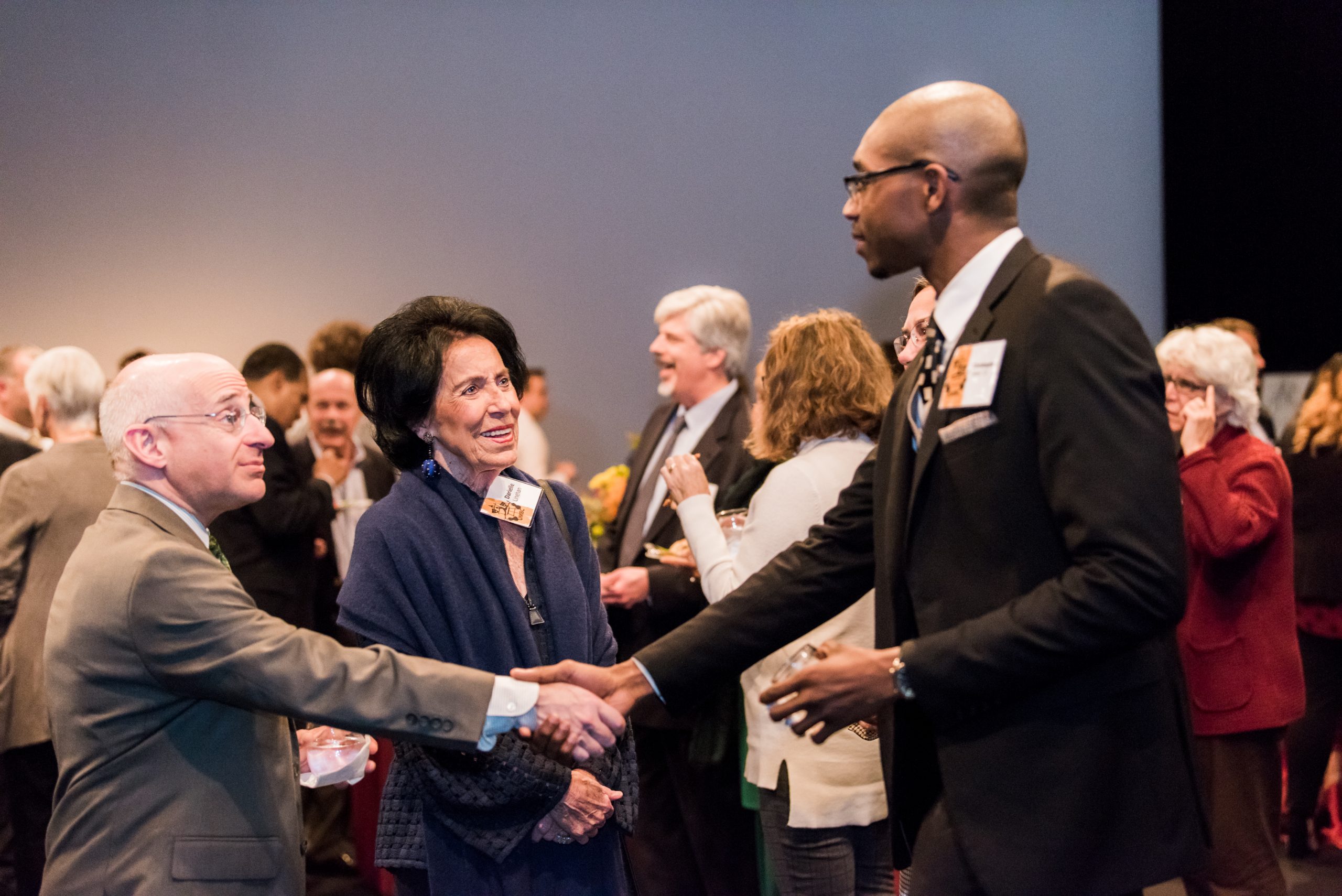This fall, UMBC will bid farewell to one of its senior leaders as Scott Casper, dean of the College of Arts, Humanities and Social Sciences (CAHSS), departs the university to assume the presidency of the American Antiquarian Society (AAS). His new position speaks not only to his administrative skills, but also to his national eminence as a scholar of 19th-century U.S. history.
“We are very proud of our colleague Scott Casper, and know he will do a superb job as president of the American Antiquarian Society,” says President Freeman A. Hrabowski, III. “He is one of UMBC’s most admired leaders—as a scholar, academic administrator, and human being, and he has done a masterful job as dean of our College of Arts, Humanities, and Social Sciences.”
“Most important, Dean Casper lives the values we consider most significant in the humanities, including intellectual curiosity, compassion for others, and an abiding commitment to social justice,” Hrabowski says. “He will always be part of the UMBC community.”
“I want to express my gratitude to everyone at UMBC,” Casper shares. “This extraordinary community has changed me in deep, powerful ways, and UMBC’s values will go with me on this next step in my journey.”
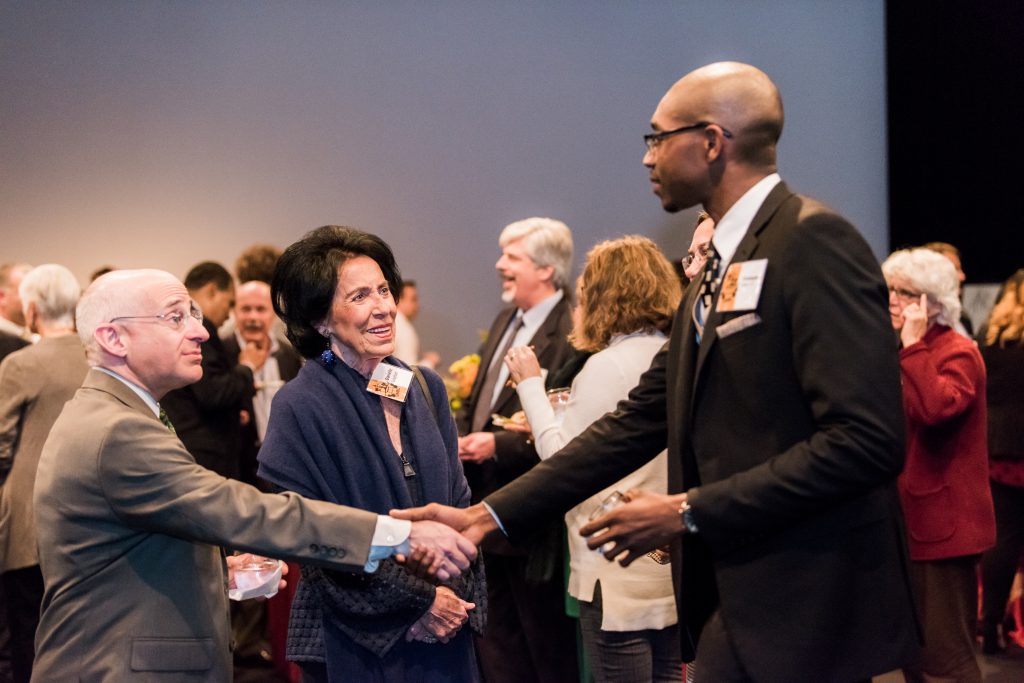
Transformative leadership
Under Dean Casper’s leadership, UMBC received the distinguished Community Engagement Classification from The Carnegie Foundation for the Advancement of Teaching in January 2020. This achievement required a rigorous campus-wide self-study of UMBC’s work with communities in Greater Baltimore and beyond, a process that involved more than 120 members of the UMBC community as well as dozens of community partners.
During Casper’s tenure as dean, CAHSS scaled up research in significant ways, including the creation of the Center for Social Science Scholarship. The college’s commitment to community engagement and civic agency has been notable, reflected in UMBC’s most recent Mellon Foundation grant, in hosting the Imagining America conference in 2015, in establishing studios and a classroom at the Lion Brothers building in downtown Baltimore, and in the new Community Leadership MPS and Public Humanities minor.
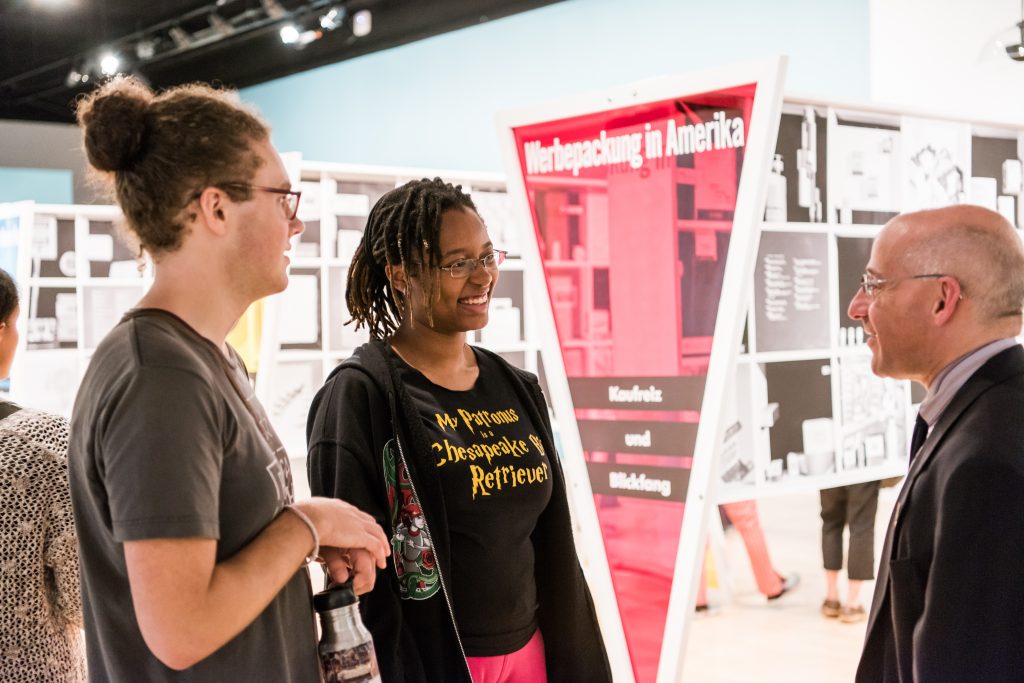
And, in the time since Dean Casper’s arrival, CAHSS has hired one third of its current faculty, enriching the campus with the addition of an extraordinary, diverse cohort of brilliant scholars and artists, and outstanding teachers.
“Everything we’ve accomplished these past seven years has come from collective effort by so many people—faculty and staff and students across the college and the university,” says Casper. “We have an exceptional college—broad and diverse and also truly collegial and supportive. It’s been a privilege and a joy to serve it and UMBC.”
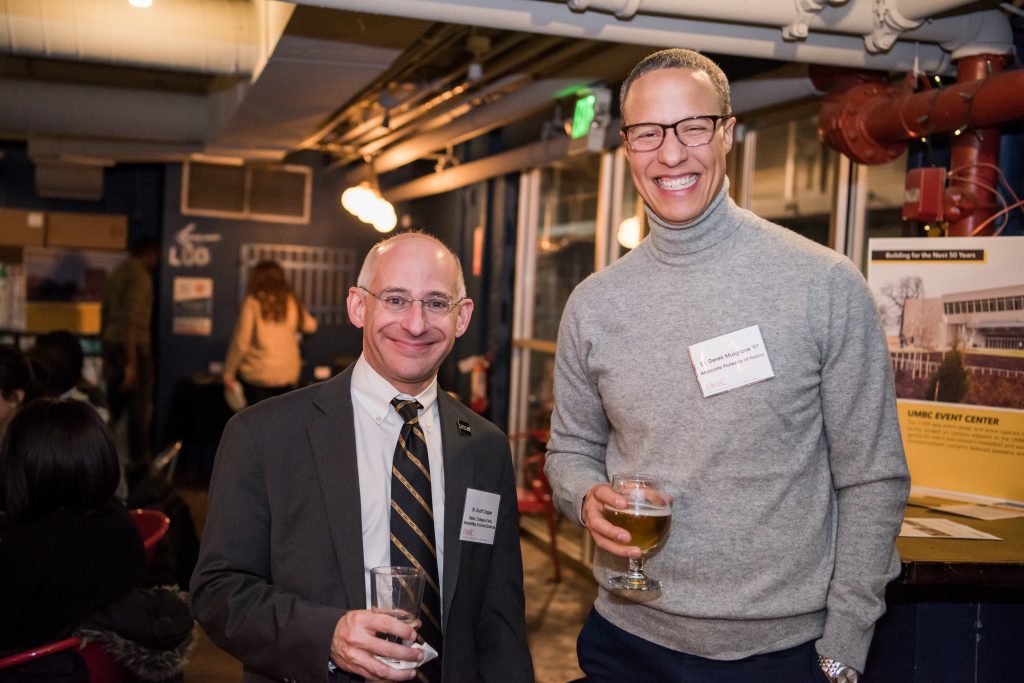
Building community relationships
Dean Casper has also worked to develop robust relationships with external organizations. Under his guidance, UMBC signed an MOU with The Walters Art Museum. And Casper served on the advisory committee for the reinstallation of The Walters’s 1 West Mount Vernon Place. He also serves on the boards of Maryland Humanities and the Greater Baltimore Cultural Alliance.
“In my former role as executive director of Maryland Humanities, I saw the impact of Scott’s many community contributions,” says Phoebe Stein, president of the Federation of State Humanities Councils. “He was consistently generous, level-headed, and a real cheerleader for the work.”
“His commitment also extends to other nonprofits,” says Stein. “On the board of the Greater Baltimore Cultural Alliance, there too he is a generous contributor and colleague who brings intellectual rigor, a passion for the humanities, and common sense.”
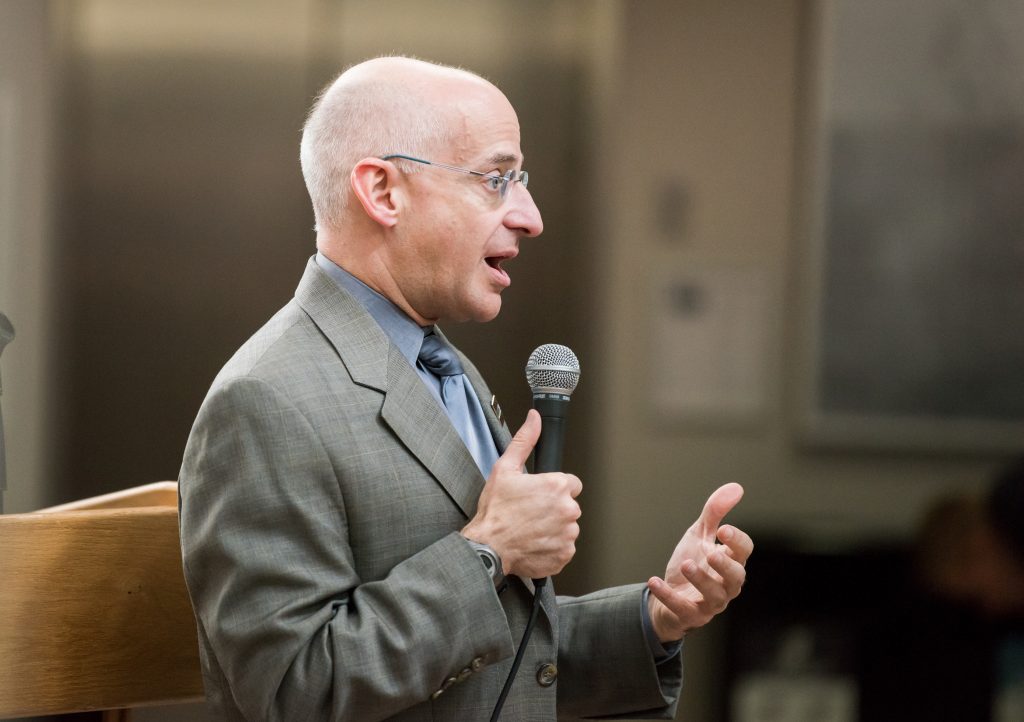
Eminence as a scholar
Casper, who received his Ph.D. in American Studies from Yale University, joined the UMBC community in 2013, after many years on the faculty of the University of Nevada, Reno.
A historian of the nineteenth-century United States, he is the author of Sarah Johnson’s Mount Vernon: The Forgotten History of an American Shrine (Hill & Wang, 2008) and Constructing American Lives: Biography and Culture in Nineteenth-Century America (University of North Carolina Press, 1999). He is the co-author, editor, or co-editor of seven other books, most recently The Oxford Encyclopedia of American Cultural and Intellectual History (Oxford University Press, 2013).
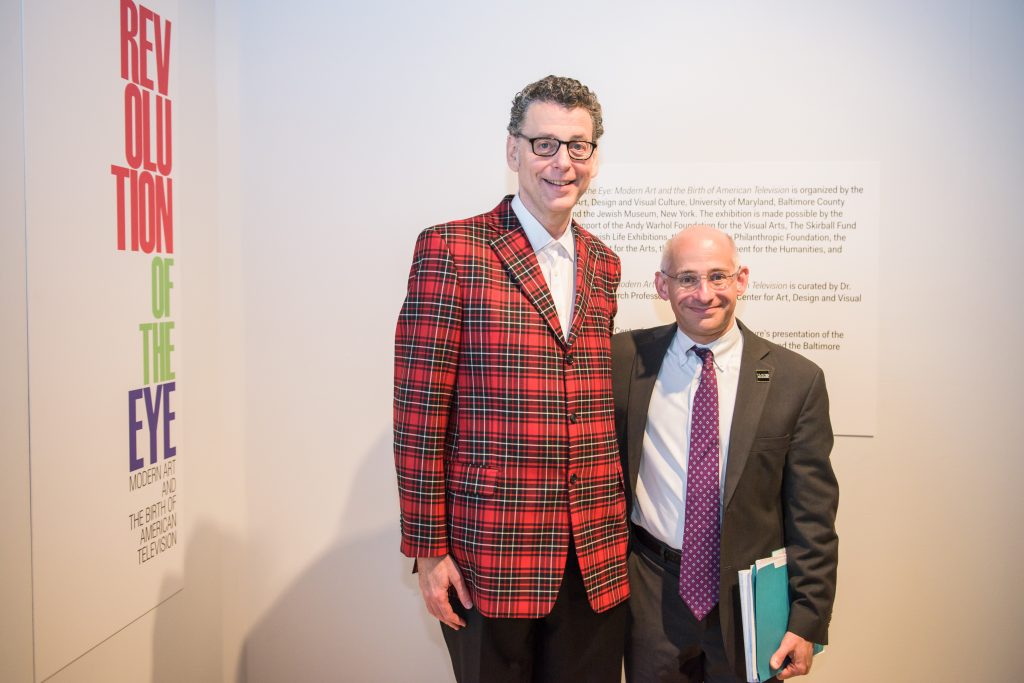
Casper’s commitment to teaching is also evident through his publications. He edited the annual “Textbooks and Teaching” section of the Journal of American History from 2008 to 2018, and was acting editor of the William and Mary Quarterly in 2008–09. He has worked extensively with K–12 history and social studies educators through the Mount Vernon Ladies’ Association, the Center for Civic Education, and the Northern Nevada Teaching American History Project.
The American Antiquarian Society
Dean Casper will become the 8th president in the 208-year history of the American Antiquarian Society. “At a time when deepened understanding of our past has never been more important, I look forward to leading an institution that fosters the essential work of telling America’s complex, contested stories,” says Casper, reflecting on his upcoming role.
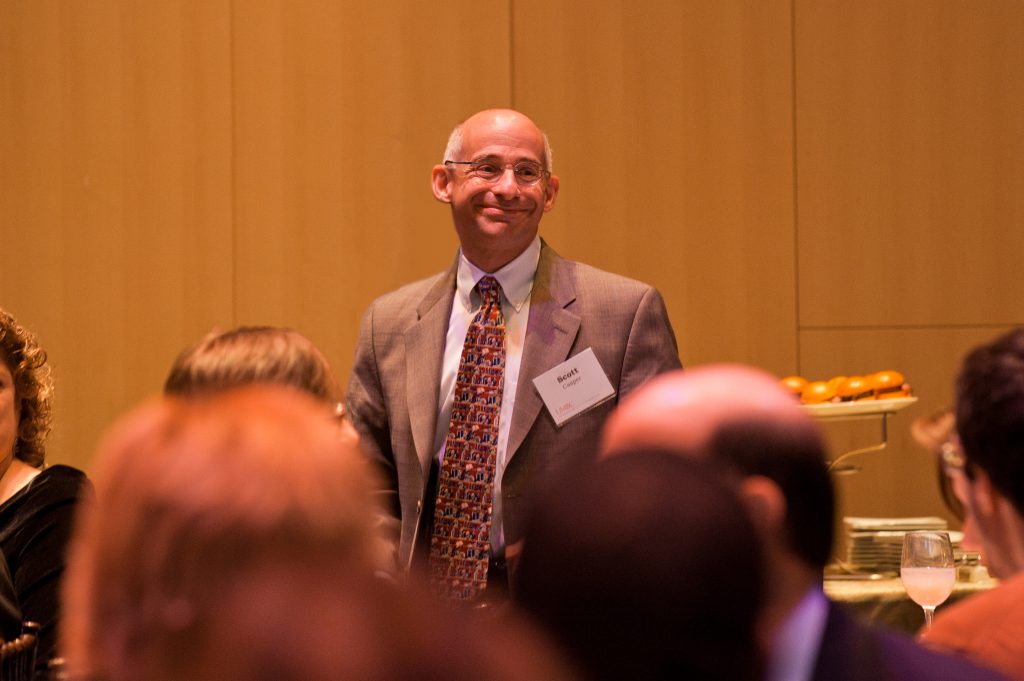
The American Antiquarian Society was founded in 1812 by Revolutionary War patriot and printer Isaiah Thomas, and is both a learned society and a major independent research library. The AAS library, with some four million items, today houses the largest and most accessible collection of books, pamphlets, broadsides, newspapers, periodicals, music, and graphic arts material printed through 1876 in what is now the United States. It also houses manuscripts and a substantial collection of secondary texts, bibliographies, and digital resources and reference works related to all aspects of American history and culture before the twentieth century. AAS was presented with the 2013 National Humanities Medal by President Obama in a ceremony at the White House.
“We are thrilled that Scott Casper has agreed to become the next President of the American Antiquarian Society,” says John Herron, Jr., chair of the AAS Council. “Our nation’s past is as present as ever in this important time in our civic life. As a scholar, administrator, mentor and more, Scott is unusually well prepared to further leverage the Society’s long-standing commitment to evidence-based history and to preserving and sharing the stories of all Americans.”
Images by Marlayna Demond ’11 for UMBC.
Tags: Arts, CAHSS, Humanities, SocialSciences

